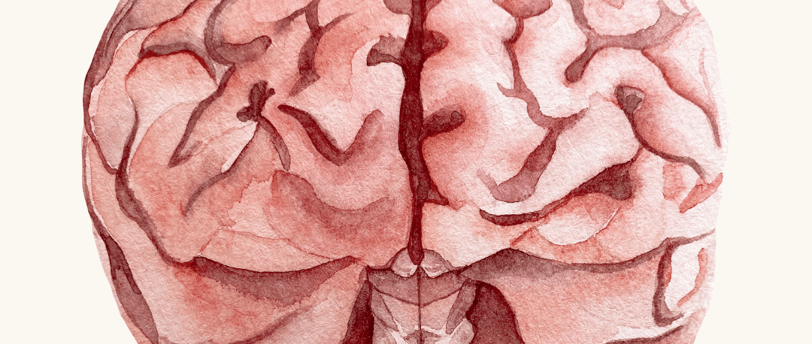handcrafted soups delivered to your door
Gut Brain Connection
2 min read


1. Neurotransmitter Production in the Gut
One of the most fascinating ways that gut health impacts brain function is through the production of neurotransmitters, which are chemicals that regulate mood and behavior. Surprisingly, many of these neurotransmitters, like serotonin and dopamine, are not just produced in the brain but also in the gut. In fact, approximately 90% of the body’s serotonin is produced in the gut by certain bacteria. Serotonin plays a crucial role in regulating mood, appetite, and sleep, and an imbalance of serotonin levels is closely associated with mood disorders such as depression and anxiety. Similarly, dopamine, another neurotransmitter linked to feelings of reward and pleasure, can also be influenced by the gut microbiome. When the gut microbiome is diverse and healthy, it helps maintain balanced levels of these neurotransmitters, which in turn supports better mental health. This shows how gut health not only reacts to emotional states but also actively influences them, with gut bacteria playing a direct role in brain function.
2. Immune System and Inflammation
The gut is home to a large portion of the body’s immune cells, which monitor and control inflammation. A balanced gut microbiome helps regulate the immune response and maintain low levels of chronic inflammation. However, when there is an imbalance in the gut, known as dysbiosis, it can lead to increased inflammation. This inflammation is not confined to the gut. It can affect the brain through the release of inflammatory molecules called cytokines. These molecules can cross the blood-brain barrier, leading to inflammation in the brain, which is associated with mental health disorders such as depression, anxiety, and even cognitive decline. Chronic low-grade inflammation is a known contributor to many neurodegenerative diseases, suggesting that maintaining gut health could play a protective role against conditions like Alzheimer’s and Parkinson’s disease.
3. The Vagus Nerve: The Gut-Brain Communication Pathway
The vagus nerve is a key component of the gut-brain axis. It transmits signals from the gut directly to the brain, influencing everything from mood to stress responses. Research suggests that a healthy gut microbiome can stimulate the vagus nerve in ways that promote calmness and reduced anxiety. Conversely, an unhealthy gut can send distress signals through the vagus nerve, contributing to feelings of anxiety and stress. For instance, probiotic bacteria like Lactobacillus and Bifidobacterium have been shown to activate the vagus nerve in a way that produces calming effects in the brain. This suggests that interventions aimed at improving gut health—such as consuming probiotics or a fiber-rich diet—could potentially improve mental health by optimizing gut-brain communication.
4. Gut Dysbiosis and Mental Health Disorders
An imbalanced microbiome, or dysbiosis, is associated with a range of mental health disorders. This imbalance often leads to the overgrowth of harmful bacteria, which can produce toxins that negatively affect brain function. Dysbiosis has been linked to increased levels of anxiety, depression, and even autism spectrum disorders. People experiencing chronic stress or poor dietary habits often have reduced gut diversity, which exacerbates these issues. Since the gut microbiome influences the production of neurotransmitters, hormones, and immune responses, a disturbed gut can lead to dysregulated brain functions. This makes gut health a potential therapeutic target for addressing mental health issues.
